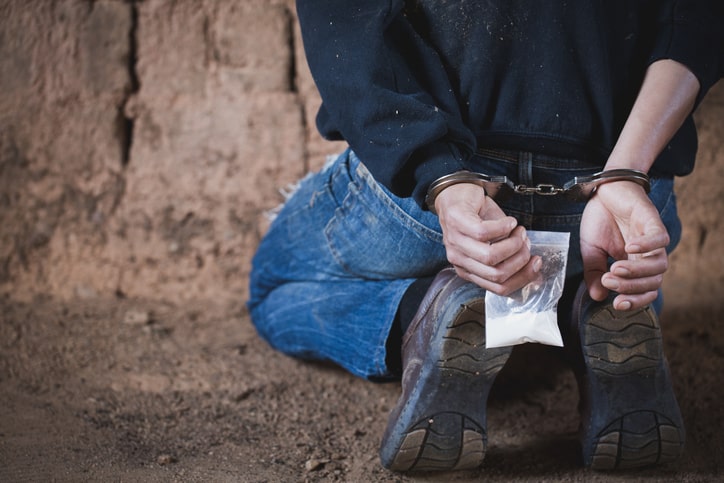When Would a Drug Crime Be a Felony in Florida?
According to comprehensive data from the National Center for Drug Abuse Statistics (NCDAS), approximately 1.1 million Americans are arrested and charged with drug-related offenses each year. These charges may be brought at the federal level or the state level—and cases could be handled as either a misdemeanor or a felony.
This raises an important question: When is a drug crime a felony in Florida? The short answer is that it depends on the substance, the amount, and whether a person was (or planned on) engaging in distribution. Within this article, our Stuart drug crimes defense attorney explains the key points to know about when a drug offense becomes a felony in Florida.
An Overview of Drug Possession Charges in Florida
Drug possession in Florida may either be a misdemeanor or a felony. The two key factors that will determine the severity of the charge are:
- The Controlled Substance: Schedule I drugs (heroin, LSD, etc) are the most serious. They are addictive substances with no medical value. On the other end of the spectrum, Schedule V drugs (cough medicines with codeine, etc) are the least serious.
- The Amount in Possession: The amount of the drug that a person allegedly had within his or her possession will also impact the severity of the charge. In Florida, there are certain thresholds of possession that lead to heightened criminal charges.
A key point to know is that many drug possession offenses are classified as felonies in Florida. Here is a more comprehensive overview of the severity of these types of charges:
- Misdemeanor: The least severe category for drug possession charges. It generally applies to the possession of small amounts of marijuana (less than 20 grams) or relatively small amounts of lower-class drugs, like Schedule IV and Schedule V controlled substances. A misdemeanor conviction can still result in up to one year in jail.
- Third-Degree Felony: Possession of controlled substances such as cocaine, heroin, or methamphetamine generally results in a third-degree felony charge in Florida. Notably, this charge can also apply if a person is found possessing certain prescription drugs without valid authorization. The maximum penalty is five years in prison.
- Second-Degree Felony: A second-degree felony is a more serious charge that typically applies to individuals found with large quantities of drugs that suggest an intent to sell or distribute. However, it can also include the possession of certain chemicals used in drug manufacturing. A second-degree felony conviction can result in up to 15 years in prison.
- First-Degree Felony: The most serious classification of the possession charge, a first-degree felony, is usually reserved only for those possessing extremely large quantities of a controlled substance to the point that it suggests high-level drug trafficking. A first-degree felony charge of drug possession can result in 30 years in prison.
The Sale, Manufacture, or Distribution of a Controlled Substance is Almost Always a Felony
Florida takes drug distribution allegations especially seriously. Law enforcement officers and prosecutors tend to devote more resources to these cases. These cases are almost always pursued as felony offenses. Remember, a felony drug crime conviction can result in severe penalties, including a lengthy prison sentence, large fines, and other harsh long-term consequences.
If you or your loved one was arrested and charged with any type of distribution-related drug offense—sale, trafficking, manufacture, etc—it is imperative that you are represented by an experienced attorney. These are serious felony offenses. Prosecutors often seek harsh penalties. Our Stuart, FL, felony drug crimes defense attorney is prepared to help.
A Drug Offense May Lead to Federal Criminal Charges in Florida
Although most drug charges are brought in state court, a drug-related criminal offense could be charged at the federal level. In Florida, a drug offense can lead to federal criminal charges if the federal government has jurisdiction over the case. In general, a federal prosecutor will have jurisdiction to bring drug charges if:
- The defendant committed a crime on federal property;
- The defendant personally crossed state laws while committing a drug crime; or
- The defendant was involved in a drug operation that crossed state laws.
Contact Our Stuart, FL, Drug Crime Defense Attorney for a Confidential Consultation
At The Law Office of Denise Miller, PA, our Florida criminal defense attorney provides aggressive, solutions-focused legal advocacy to people facing drug charges, including felonies. Call us now or contact us online for a completely confidential, no obligation initial consultation. With a law office in Stuart, we defend felony drug cases in Martin County and throughout all of South Florida.





